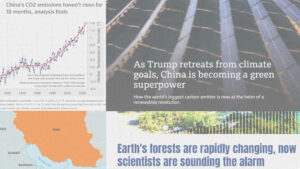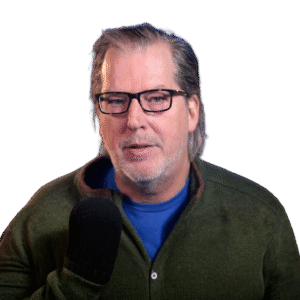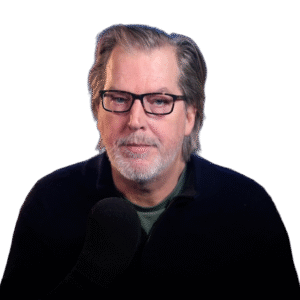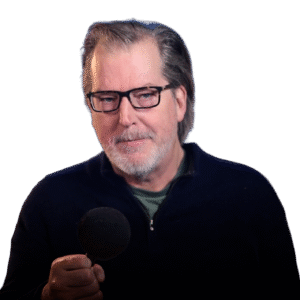
Description
Individually and collectively, we have become fixated on the pursuit and accumulation of wealth. But what is wealth? Our singular focus on financial capital obscures a fundamental truth: money is merely a marker for real wealth, all of which originates in nature. With the universal fungibility of the US dollar into everything as the engine, we are now transmuting the world’s wealth into income at an unprecedented rate. Driven by cultural incentives to maximize individual profit, we are collectively depleting the high quality ores and energy stocks, as well as the natural world and the ecosystems that sustain us.
In this Frankly, Nate explores the evolutionary and historical foundations of ‘wealth’, from optimal foraging theory and relative fitness to the modern pursuit of profit. He examines the collective action problem which the pursuit of wealth on a finite planet creates: as we chase more ‘fake wealth’, we degrade the ‘real wealth’ – the stability of Earth’s ecosystems that sustain our descendants and those of other species. We are drawing down our natural bank account in the pursuit of individual financial gain.
Can we mature our understanding of wealth before it’s too late? Could we create regenerative cultures which transmute income back into wealth? And can we collectively recognize that true wealth cannot be found in our pockets but rather in the natural world we inhabit?
In French, we have a motto that says that a simple drawing is often better than a long explanation. Jean-Marc Jancovici Carbone 4 President
That’s very understandable because with left atmosphere thinking, one of the problems is that you see everything as a series of problems that must have solutions. Iain McGilchrist Neuroscientist and Philosopher
We can’t have hundreds and hundreds of real relationships that are healthy because that requires time and effort and full attention and awareness of being in real relationship and conversation with the other human. Nate Hagens Director of ISEOF
This is the crux of the whole problem. Individual parts of nature are more valuable than the biocomplexity of nature. Thomas Crowther Founder Restor
Show Notes & Links to Learn More
Download transcript01:19 – Optimal foraging theory
02:00 – Chicxulub meteor
03:45 – Relative fitness
07:12 – History of money
09:37 – Collective action problem
09:54 – Reality Blind book
12:47 – *1,600 bird species in Ecuador
16:05 – Historical performance of bitcoin
17:00 – Regenerative cultures






